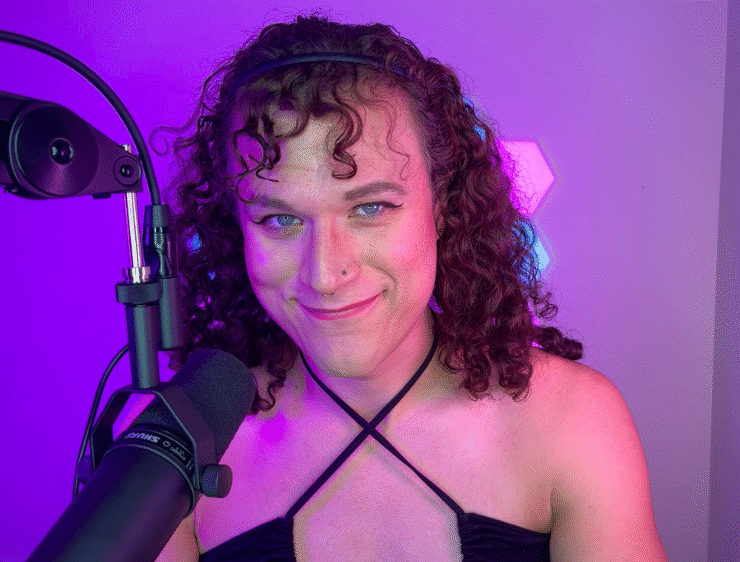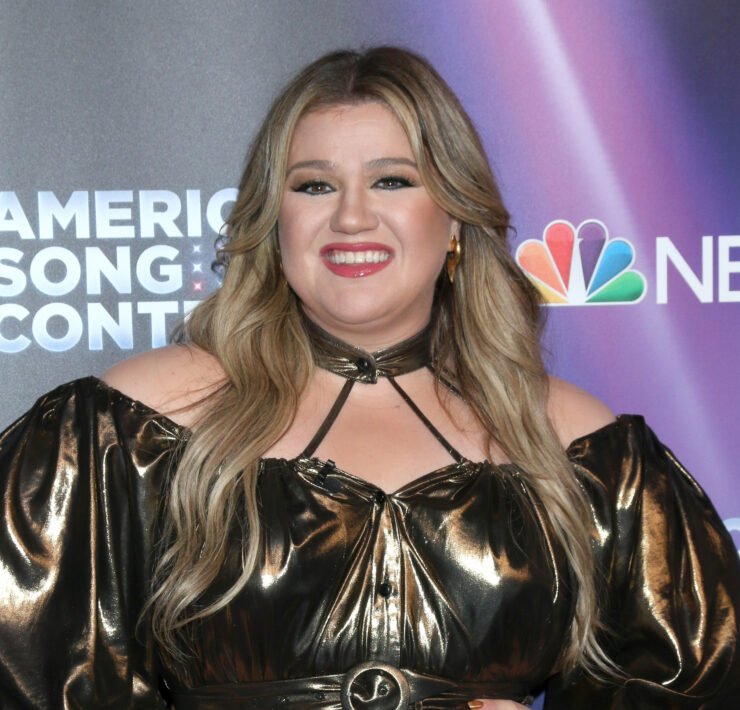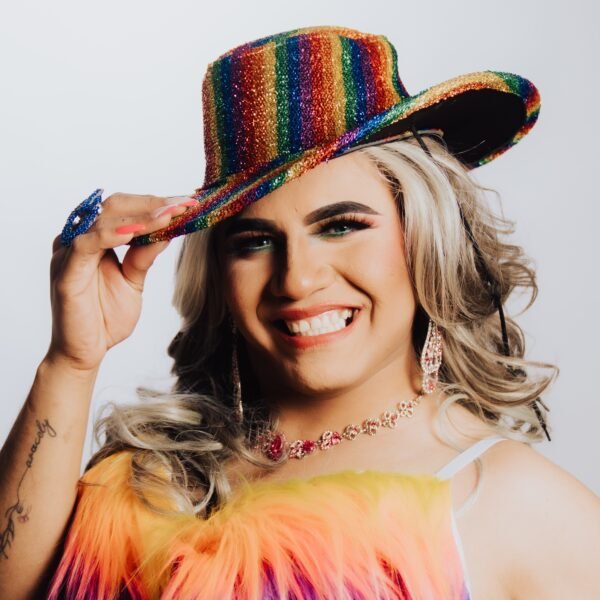Unvaccinated People 14 Times More Likely to Contract Monkeypox

Data relating to the effectiveness of the first dose of the two-dose Jynneos vaccine collected across 32 U.S. states by the Center for Disease Control and Prevention (CDC) finds that eligible individuals who aren’t vaccinated against the Monkeypox Virus (MPV) are 14 times more likely to contract the disease than those who are.
Although the preliminary data has sparked optimism around the vaccine’s success, the organization is continuing to collect data on its durability. CDC Director Dr. Rochelle Walensky says laboratories have found that “immune protection is highest two weeks after the second dose of vaccine, and it is for that reason that we continue, even in light of these promising data, to strongly recommend people receive two doses of Jynneos vaccine.”
“We are cautiously optimistic about the study and think if we continue to get vaccines out to those that are at highest risk for disease, and if we continue to promote the behavioral changes that we know work, that the combination of those two will allow us to continue to see decreases in cases and hopefully eliminate the current MPV outbreak in the United States,” a senior health official tells CNN. “What it doesn’t let us do is fully disentangle pieces of this that may be behavioral change pieces that may be related to sexual networks or to who people are coming into contact with. We know that at the start of the MPV outbreak, a lot of gay and bisexual men changed their behaviors.”
An online survey of gay, bisexual, and other men who have sex with men posted by the CDC and conducted by the American Men Internet Survey reported that surveyors did change their behavior because of the outbreak. Results disclosed that 48% of respondents reduced their number of sex partners; 50% reduced one-time sexual encounters, and 50% reduced sex with partners met on dating apps or at sex venues.
Regardless of data disparities that make the true cause of the recent fall in MPV cases unclear, the CDC Director of the Division of HIV and Aids Prevention, Dr. Demetre Daskalakis, says they’re working toward getting more people vaccinated by negating the stigma attached to MPV. Moving forward, the organization is encouraging providers to minimize the risk assessments of people seeking vaccination to mitigate the fear of disclosing sexuality and gender identity, allowing individuals to receive the vaccine in other parts of their body such as their shoulder and upper back to avoid a visible mark, and broadening eligibility.
According to Dr. Daskalakis, new eligibility will include commercial sex workers and people who are “gay, bisexual, other men who have sex with men, transgender or gender diverse people who have had more than one sex partner in the last six months, had sex in a place associated with higher MPV risk, or have had a sexually transmitted infection diagnosed over that same time period,” as well as, “sexual partners of people with the above risks.”
U.S. Statistics as of October 4, 2022:
Since the U.S. began administering the MPV vaccine in May, 873,552 doses have been administered in 54 U.S. jurisdictions including the Mariana Islands, Virgin Islands, Puerto Rico, and the District of Colombia, according to the CDC. Of those, the majority of first doses have been among males, people between the ages of 25 and 39, and predominantly white individuals. Also, since the administration of first doses peaked in August, a CDC figure shows a shift into a higher number of second doses being administered but an overall decrease in dosages. In total, there have been 26,385 cases and two deaths caused by MPV.










